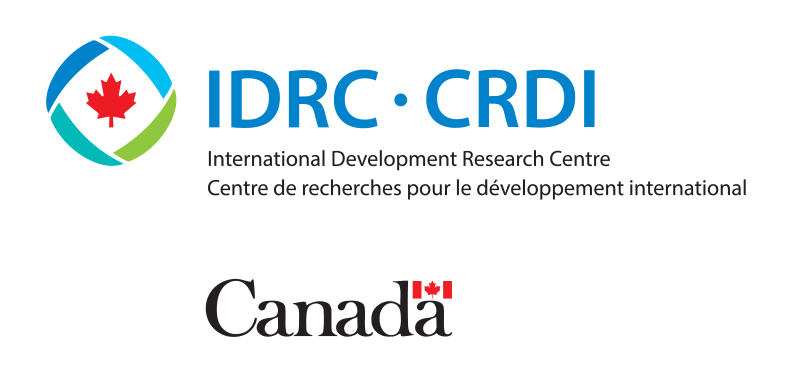
Engaging Decision-Makers in Moving Beyond GDP and Toward Wealth
This brief outlines how decision-makers can be brought into the discussion around comprehensive/inclusive wealth (C/IW). The goal of this discussion is to encourage countries to move beyond GDP and begin using C/IW as a means of assessing national progress.
-
Decision-making processes and rewards to decision-makers have been based on the short-term benefits driving GDP for many decades.
-
Until countries move beyond GDP and its short-term market focus, no serious answer to the question “Is our level of well-being sustainable?” will be possible.
-
A transition from GDP to comprehensive/inclusive wealth (C/IW) measures will require capacity building among decision-makers to help them understand the differences and uses of the two indices. Decision-makers will be better able to balance short-term imperatives with the long-term environmental, social, and economic determinants of well-being.
Decision-making processes and rewards to decision-makers have been based on the short-term benefits driving GDP for many decades. A transition from GDP to comprehensive/inclusive wealth (C/IW) measures will require capacity building among decision-makers to help them understand the differences and uses of the two indices. In addition, national statistical offices will need to begin measuring wealth in all its dimensions. Making these measures available alongside traditional indicators would lead to better, more sustainable outcomes. Decision-makers will be better able to balance short-term imperatives with the long-term environmental, social, and economic determinants of well-being.
You might also be interested in
Measuring Nature for Post-COVID-19 Economic Recovery
In the face of multiple health and environmental crises, the inefficiencies of GDP as the main measure of economic health and government policy are strikingly apparent.
Measuring the Wealth of Nations: A review
This paper provides a brief overview of recent efforts by international agencies and academic institutions to develop and apply comprehensive wealth measurement tools. Our review is limited to examples of comprehensive wealth measurement as applied to several countries, so it does not include work on specific capital estimates, applications to a small number of countries, or theoretical research/framework development.
Produced Capital in Ethiopia, Indonesia, and Trinidad and Tobago
Part of comprehensive wealth, produced capital is the value of the stock of all human-made assets used to produce goods and services in the economy.
Natural Capital in Ethiopia, Indonesia, and Trinidad and Tobago
Natural resources play fundamental roles in our well-being and lives, as well as sustaining a country's comprehensive wealth.
